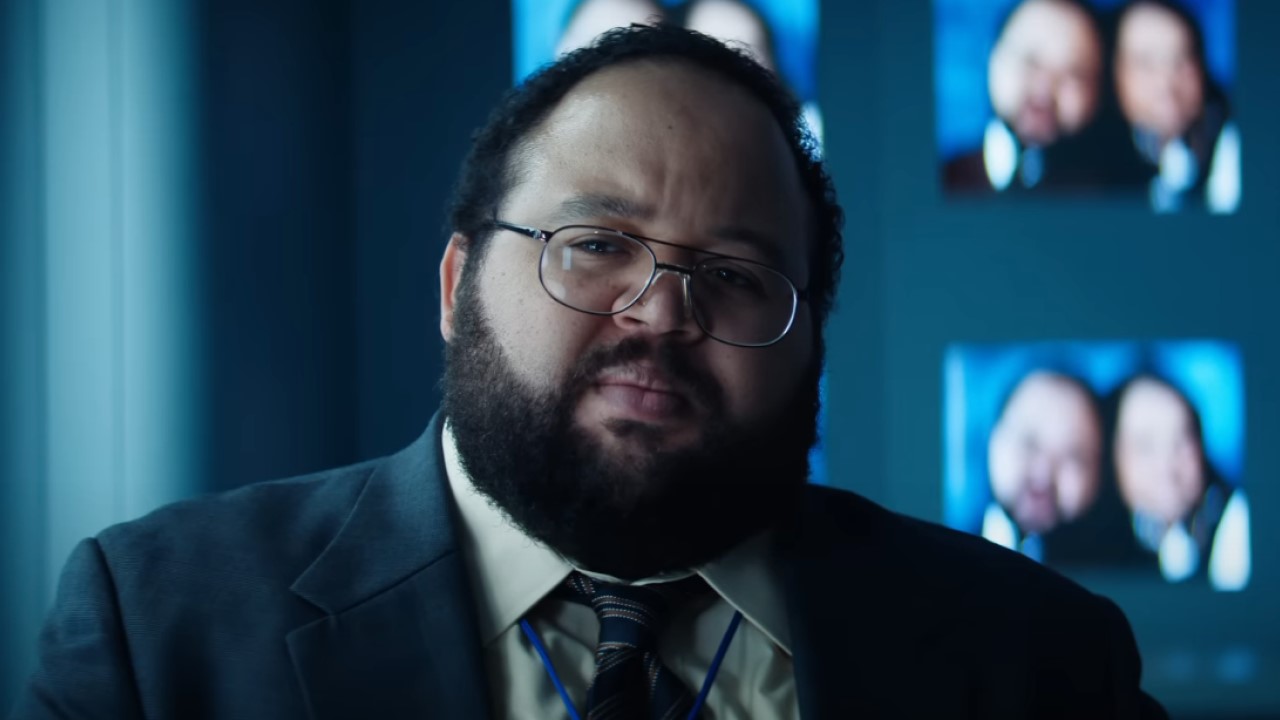We live in an era often defined by reboots and remakes that take dated ideas and update them for the modern world. Sometimes this effort works well, as a new film can fix old properties that don't hold up anymore. Then there's a film like Director X's SuperFly, which guts the original Super Fly of its low-budget, grindhouse, blaxploitation charm and replaces it with a glossy and hollow reboot that can't decide if it wants to be a goofy romp or a straight-faced crime drama.
On a narrative level, SuperFly pretty much follows the majority of the same beats seen in the original 1972 outing, but adds some updates to make it familiar to a modern audience. Shifting the story from New York to Atlanta, we open on Youngblood Priest (Trevor Jackson), a high-rolling cocaine dealer who commands respect in the criminal underworld and runs a massive operation without drawing heat from the Atlanta Police Department. Oh, and he's also a kung-fu master with an affinity for leather jackets and straightened hair. Priest lives the good life, but when an encounter with the Snow Patrol gang begins to put the spotlight on his criminal activities, he orchestrates one last deal to raise enough money to get out of Atlanta and put his life of crime behind him.
One of the biggest issues that bogs SuperFly down throughout the bulk of the story's runtime is the fact that Youngblood Priest is a hard character for the audience to pin down. The film is built around his desire to escape his life of crime and go straight, but there's never a sense of urgency or a ticking clock established. Priest says he wants to get out, but if anything, this SuperFly plays more like a remake of Scarface as he attempts to build an empire of his own with his partner Eddie (Jason Mitchell) behind the back of his mentor, Scatter (Michael K. Williams).
Part of this has to do with Trevor Jackson's lead performance, as the 21-year-old actor fails to convince the audience that he's the tough, no-nonsense criminal mastermind implied by what others say about him. It might be his age, and it might be his soft-spoken demeanor, but Jackson ultimately can't deliver the same degree of gravitas that Ron O'Neal offered in the original Super Fly (as ridiculous and empirically bad as that movie was).
Another serious issue that consistently pops up throughout SuperFly's story is that it can't seem to decide what type of movie that it wants to be. On the one hand, it attempts to pay homage to the blaxploitation era by embracing ridiculous action and a heightened sense of style. On the other hand, however, SuperFly also takes an abrupt turn when it tries to shine a light on issues of police shootings and abuses of power in urban areas.
The result is something that feels decidedly tasteless, and ironically some portions of the latter half of the movie (including one sequence in particular) come off as incredibly callous in how it handles these weighty topics. SuperFly could've worked with a stronger vision dictating the type of movie that it wanted to be, but the marriage of goofy (such as a cop singing "Ridin' Dirty" for WAY too long during a traffic stop) with the all-too-real doesn't work.
Ironically enough, by polishing up the original Super Fly and updating it with a modern sheen, SuperFly ultimately ends up losing much of the charm that has made the original so interesting in the years since it initially debuted. The result is a drab crime thriller that plays to some reasonably familiar genre beats without doing much to create its own unique identity. Director X is known for his work on music videos, and that pedigree shines through in this movie as SuperFly inevitably breaks down into one montage after another to carry the limp story across the finish line.
That's not to say that there aren't traces of good ideas to be found in SuperFly. On a core level, the character of Priest seems tailor-made for a post-Black Panther, and post-Luke Cage era as Hollywood learns to embrace the strength of black heroes and find new perspectives for these types of stories. Moreover, some elements of the film's story (such as the Snow Patrol gang) work on a conceptual level and very much harken back to the weird, neon-laden exploitation cinema of the 1970s as seen in films like Walter Hill's The Warriors. Alas, the problem with these ideas lies more in the execution than it does in the concept, and SuperFly fails to live up to some of its lofty promises.
SuperFly attempts a lot to try and carve out a niche for its hero. Sadly, those efforts are mostly in vain, as the film ultimately ends up playing like an extended rap video with little discernible style or substance to call its own, and an army of unlikable characters. In the end, we're left with one of the most forgettable and formulaic movies of the summer.
Originally from Connecticut, Conner grew up in San Diego and graduated from Chapman University in 2014. He now lives in Los Angeles working in and around the entertainment industry and can mostly be found binging horror movies and chugging coffee.












